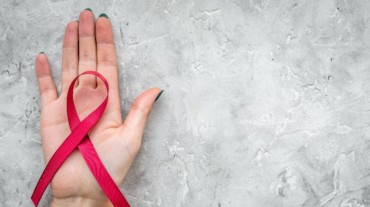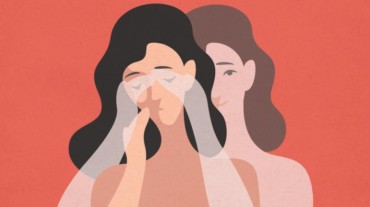
HIV testing, also known as HIV screening, is a way to confirm if you have the virus inside your body. There are a few types of tests that check or test your blood or another body fluids to see whether your body is carrying the infection or not. Most of these tests can’t confirm HIV in one go because it may take time for the body to make antibodies or for enough of that virus to grow inside you.
It is very common to have a feeling of nervousness or worry to get an HIV test, but going for one is the best thing you can do for your own health. The HIV screening is a quick, painless and confidential process.

It is very important to get tested for HIV so that if you have the virus in your body, you can start with the treatment right away in order to feel better and live a long, healthy life. You will also be able to take steps so that you don’t pass it to anyone else. Pregnant women should also get tested so that early treatment would ensure that they don’t pass the infection to their babies.
Normally, when you go for a test, a small sample of blood from your finger or arm or an oral swab will be collected. In an oral swab, a testing pen is rubbed along your gums to collect cells from your mouth. Remember, HIV treatments these days are very effective and people with HIV can live long and healthy lives just like the ones without it.

Some HIV tests are anonymous, and that means they do not have your name tied to the result. Some other HIV tests are confidential in which your details are attached to the results but they are protect by privacy laws.
A positive HIV test results means that there are traces of the virus inside your body. If you got a rapid antigen test done, get a standard lab test to confirm it. If you have got a lab test done, get some more detailed tests of your blood to confirm the diagnosis:
Also, watch:
If your test result comes out to be negative, you can take precautionary steps to prevent HIV. They include:
Select Topics of your interest and let us customize your feed.
PERSONALISE NOW